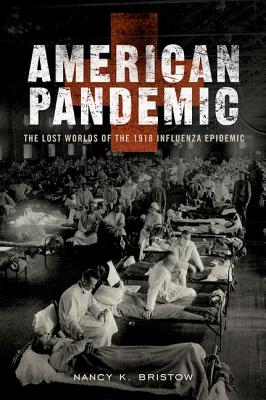Expedite your nonfiction book discovery process with Readara interviews, summaries and recommendations, Broaden your knowledge and gain insights from leading experts and scholars
In-depth, hour-long interviews with notable nonfiction authors, Gain new perspectives and ideas from the writer’s expertise and research, Valuable resource for readers and researchers
Optimize your book discovery process, Four-to eight-page summaries prepared by subject matter experts, Quickly review the book’s central messages and range of content
Books are handpicked covering a wide range of important categories and topics, Selected authors are subject experts, field professionals, or distinguished academics
Our editorial team includes books offering insights, unique views and researched-narratives in categories, Trade shows and book fairs, Book signings and in person author talks,Webinars and online events
Connect with editors and designers,Discover PR & marketing services providers, Source printers and related service providers

American Pandemic: The Lost Worlds of the 1918 Influenza Epidemic
History > United States - 20th Century
- Oxford University Press, USA
- Paperback
- 9780190238551
- 9.2 X 6.1 X 0.7 inches
- 1.05 pounds
- History > United States - 20th Century
- (Single Author) Asian American
- English
Readara.com
Book Description
American Pandemic offers a much-needed corrective to the silence surrounding the influenza outbreak. It sheds light on the social and cultural history of Americans during the pandemic, uncovering both the causes of the nation's public amnesia and the depth of the quiet remembering that endured. Focused on the primary players in this drama--patients and their families, friends, and community, public health experts, and health care professionals--historian Nancy K. Bristow draws on multiple perspectives to highlight the complex interplay between social identity, cultural norms, memory, and the epidemic. Bristow has combed a wealth of primary sources, including letters, diaries, oral histories, memoirs, novels, newspapers, magazines, photographs, government documents, and health care literature. She shows that though the pandemic caused massive disruption in the most basic patterns of American life, influenza did not create long-term social or cultural change, serving instead to reinforce the status quo and the differences and disparities that defined American life.
As the crisis waned, the pandemic slipped from the nation's public memory. The helplessness and despair Americans had suffered during the pandemic, Bristow notes, was a story poorly suited to a nation focused on optimism and progress. For countless survivors, though, the trauma never ended, shadowing the remainder of their lives with memories of loss. This book lets us hear these long-silent voices, reclaiming an important chapter in the American past.
Author Bio
Nancy Bristow pursues research and teaching in the area of 20th-century American history, with an emphasis on race and social change. She is currently researching state-sanctioned violence against African Americans in the Black Power era of the late 1960s and early 1970s.
Under contract with Oxford University Press, she is completing the first piece of this project as a teaching text for the college classroom focused on the shootings that took place on the Jackson State College campus, an historically black campus in Jackson, Mississippi, in May 1970. This work builds on over two decades of teaching African American history, as well as earlier scholarship focused on social cataclysm and American culture, including American Pandemic: Lost Worlds of the 1918 Influenza Pandemic (2012).
She also published the book Making Men Moral: Social Engineering During the Great War (New York University Press, 1996). Bristow serves on the leadership team of the Race and Pedagogy Initiative at University of Puget Sound, is a member of the Organization of American Historians [OAH] and the Southern Historical Association, and is currently serving on the editorial board of the OAH’s magazine, The American Historian.
Education
- BA Colorado College 1980
- MA University of California, Berkeley 1983
- Ph.D University of California, Berkeley 1989
Source: University of Puget Sound
Community reviews
No Community reviews





